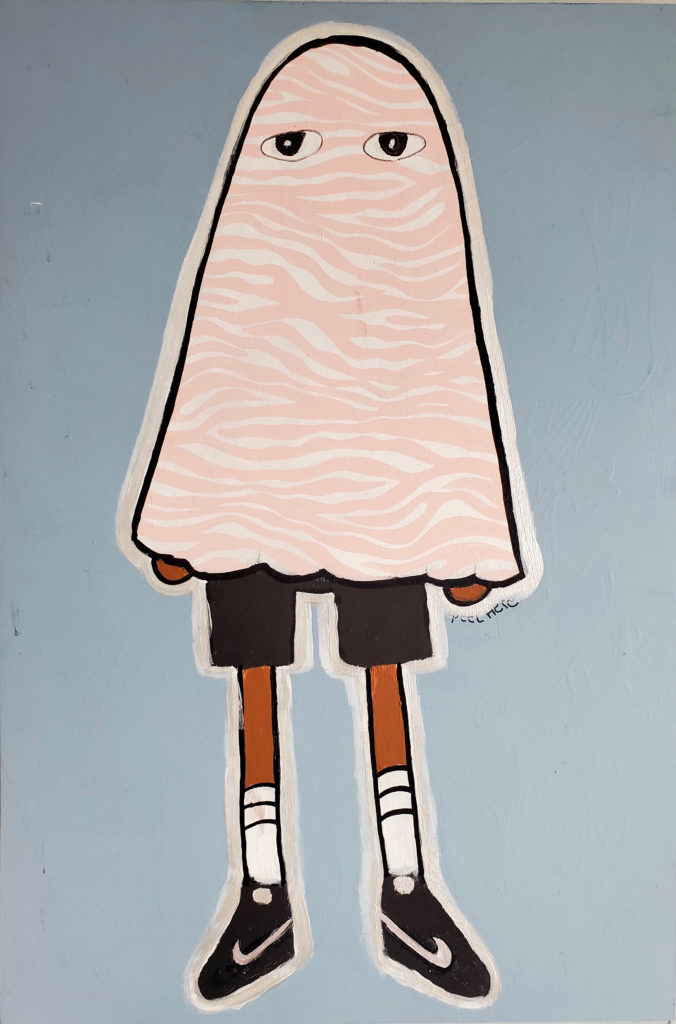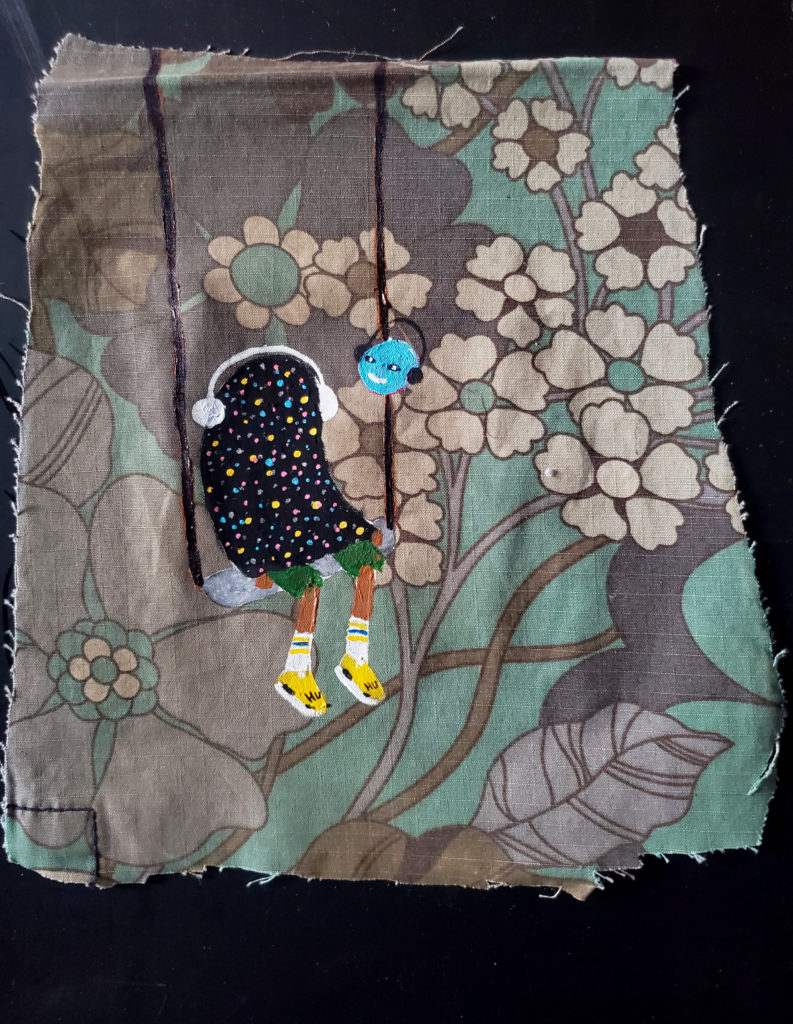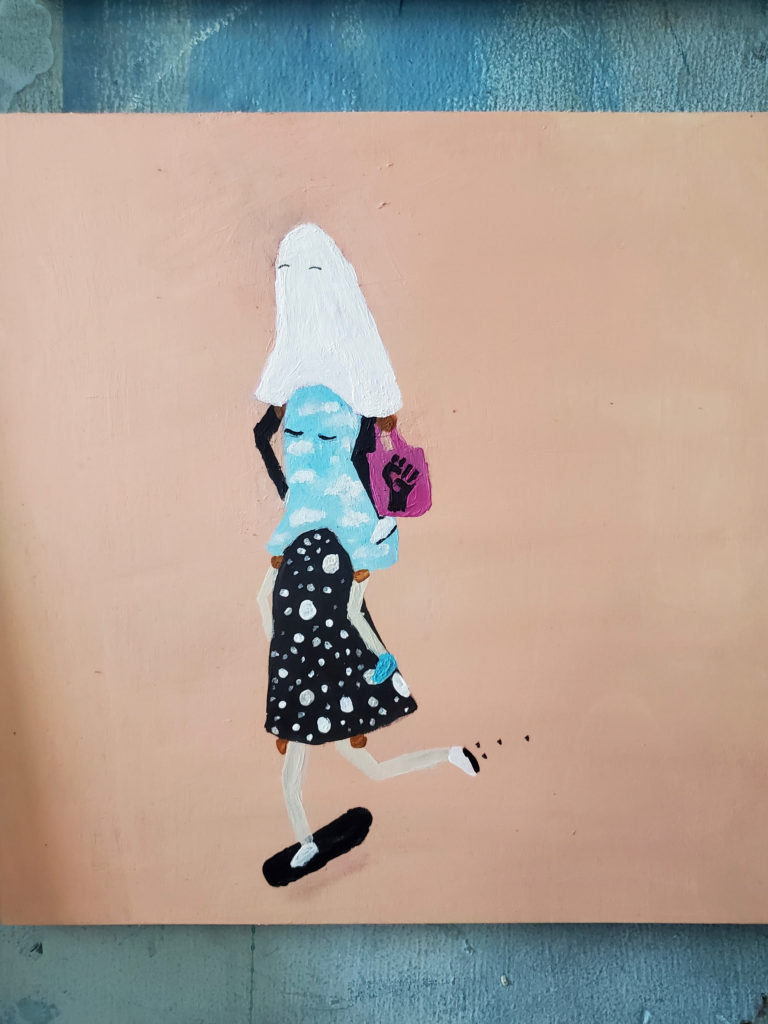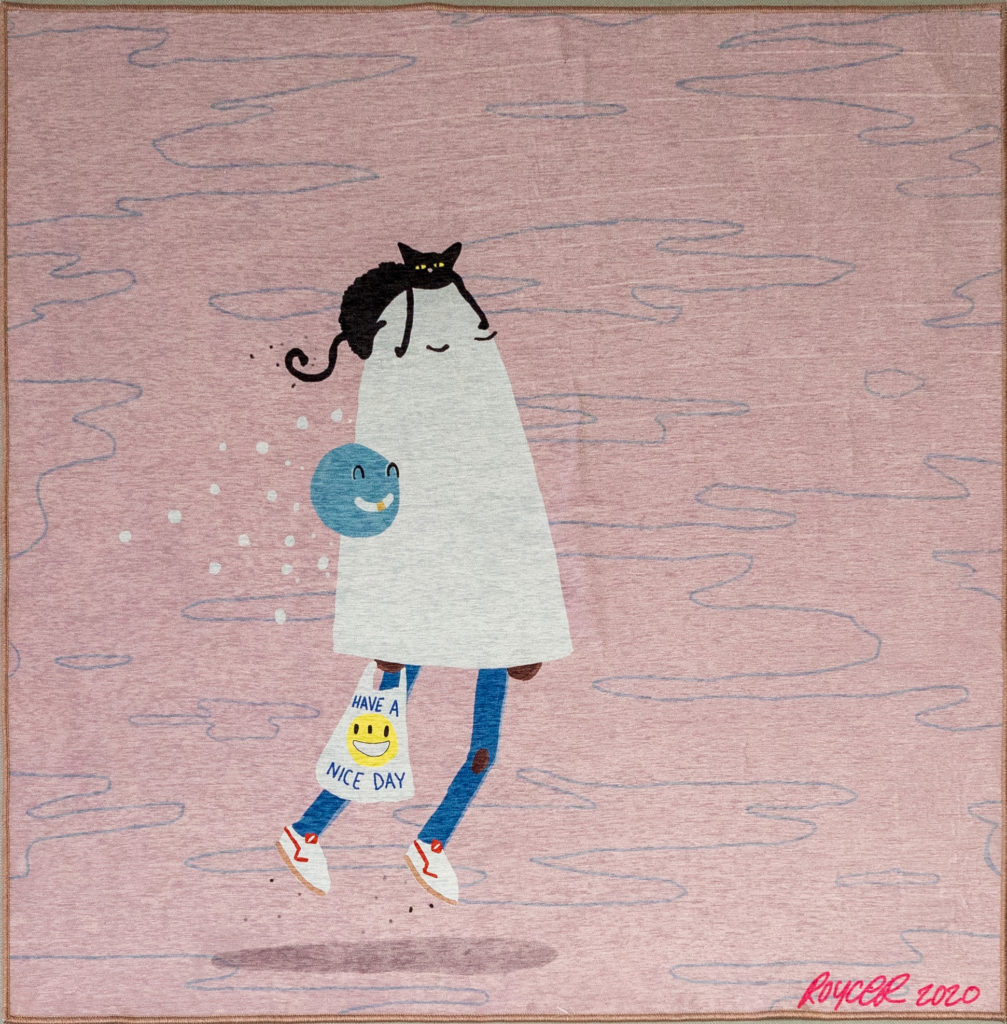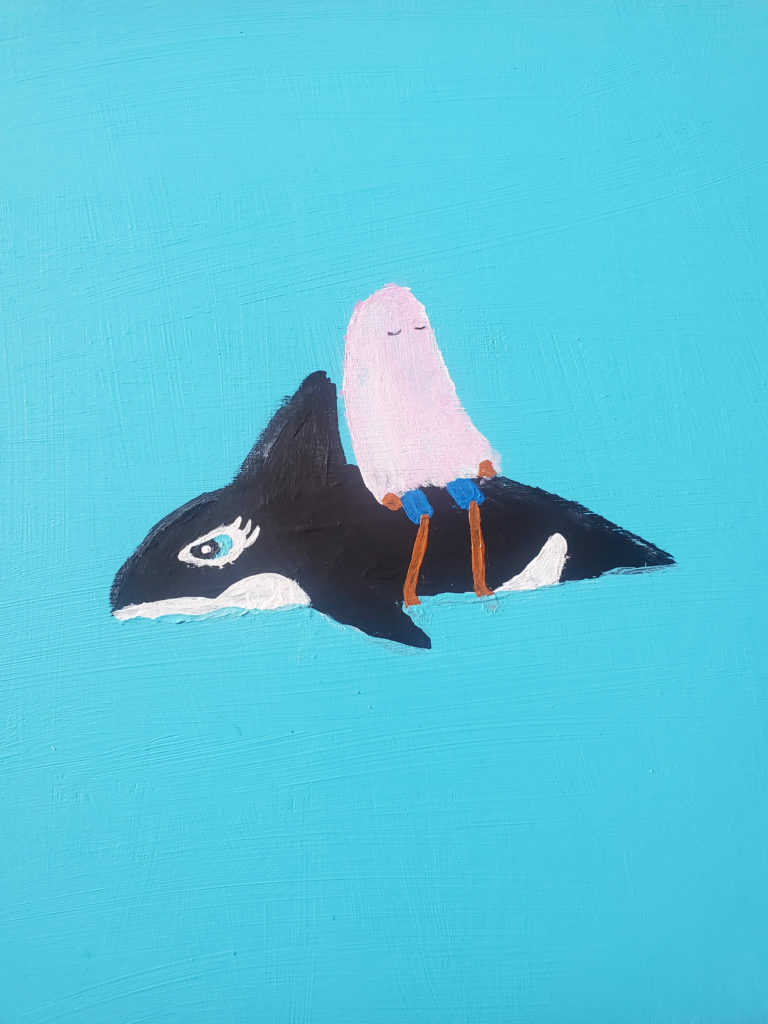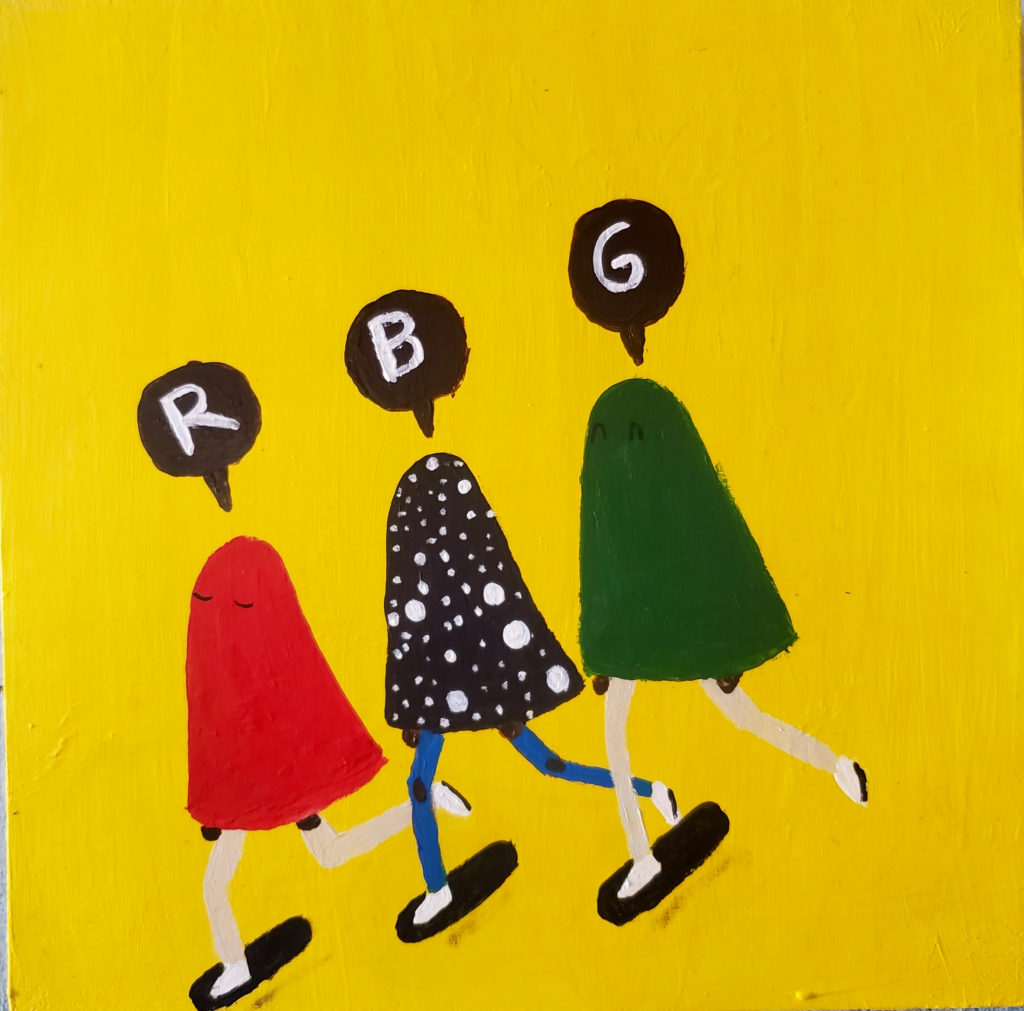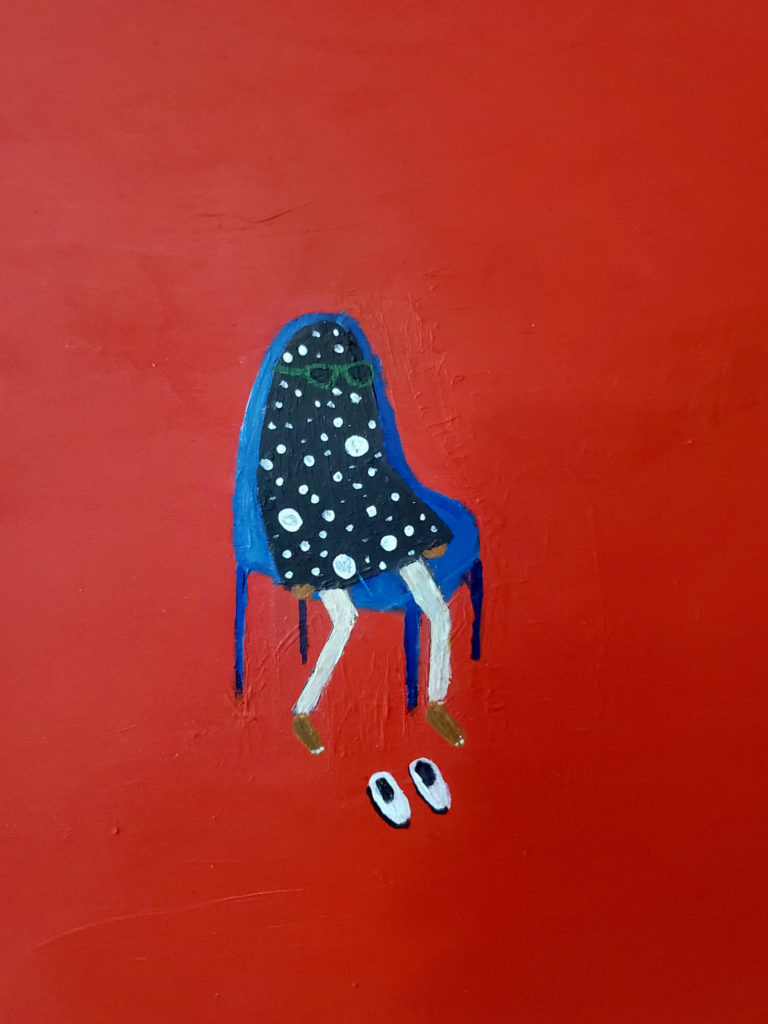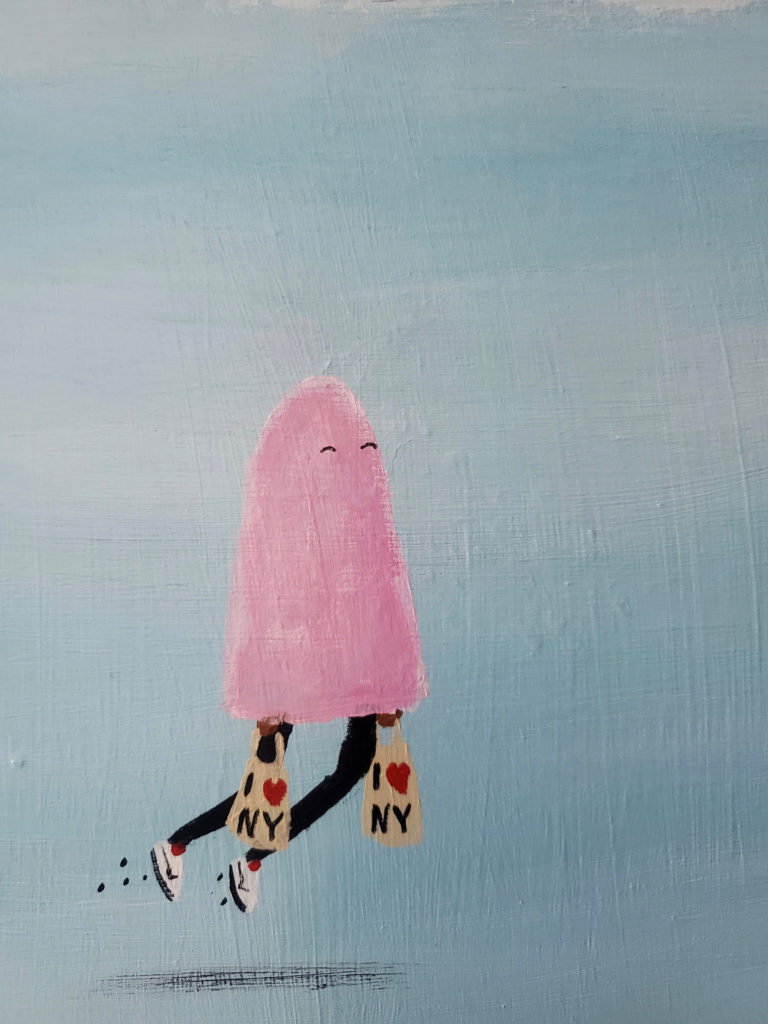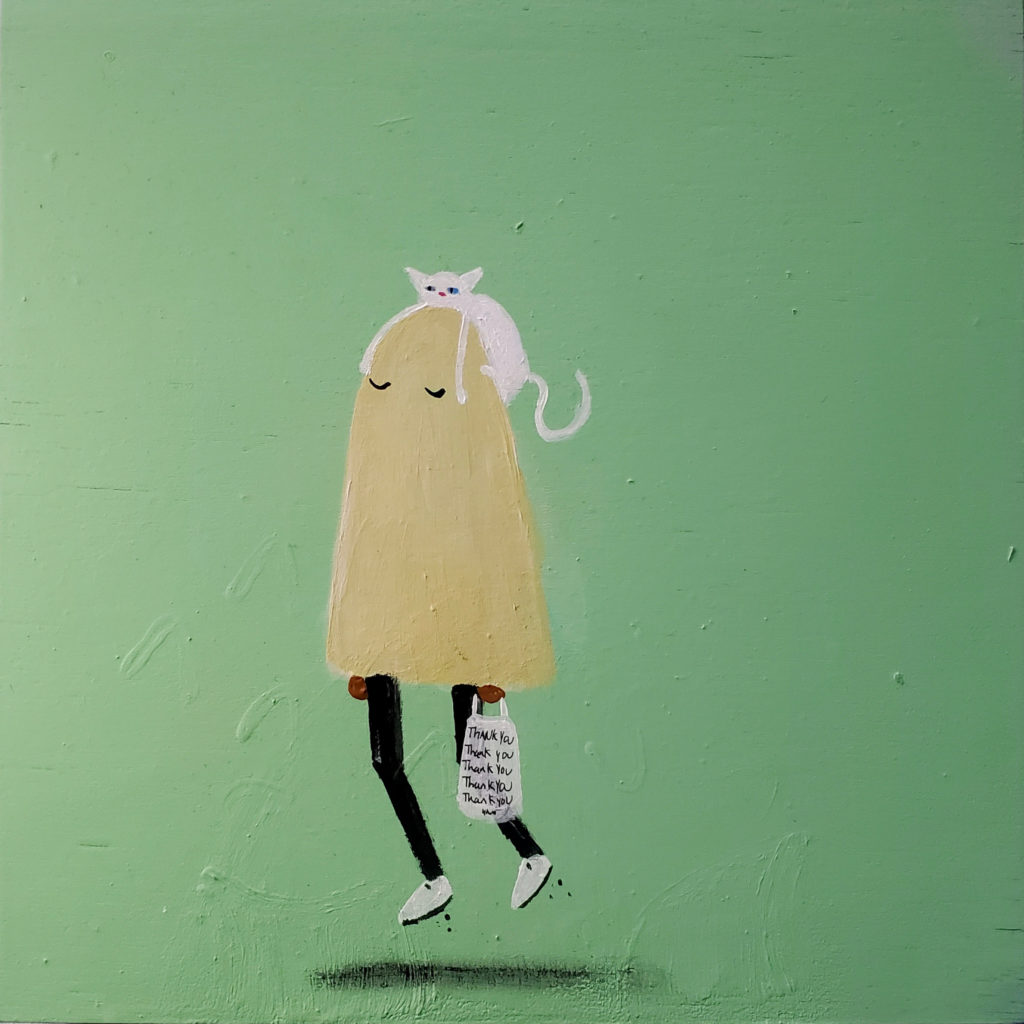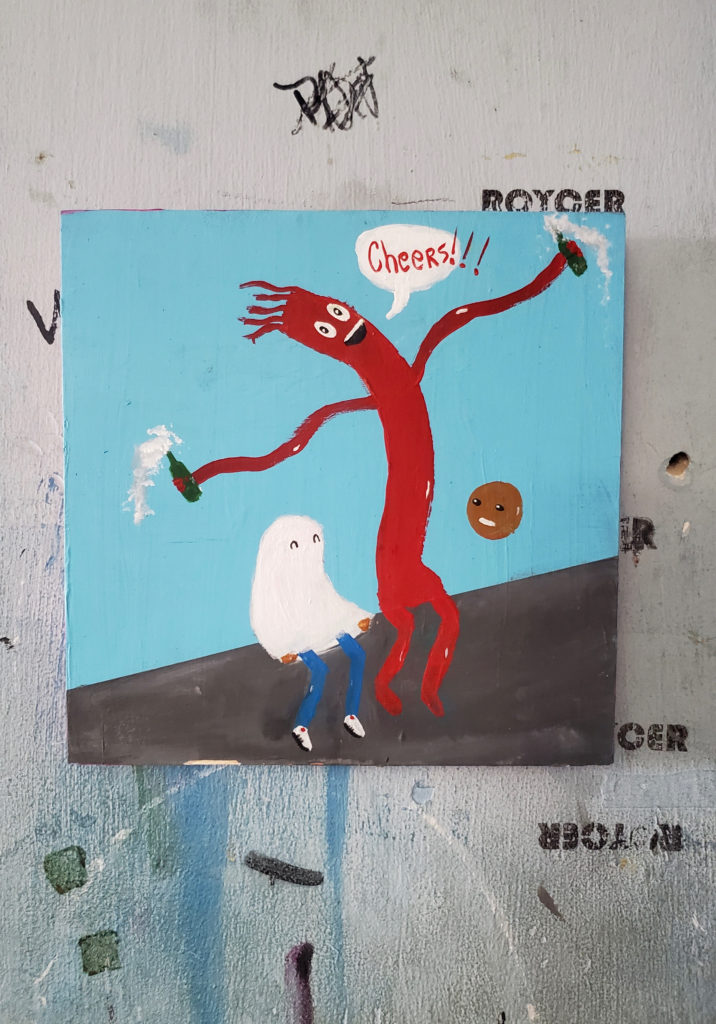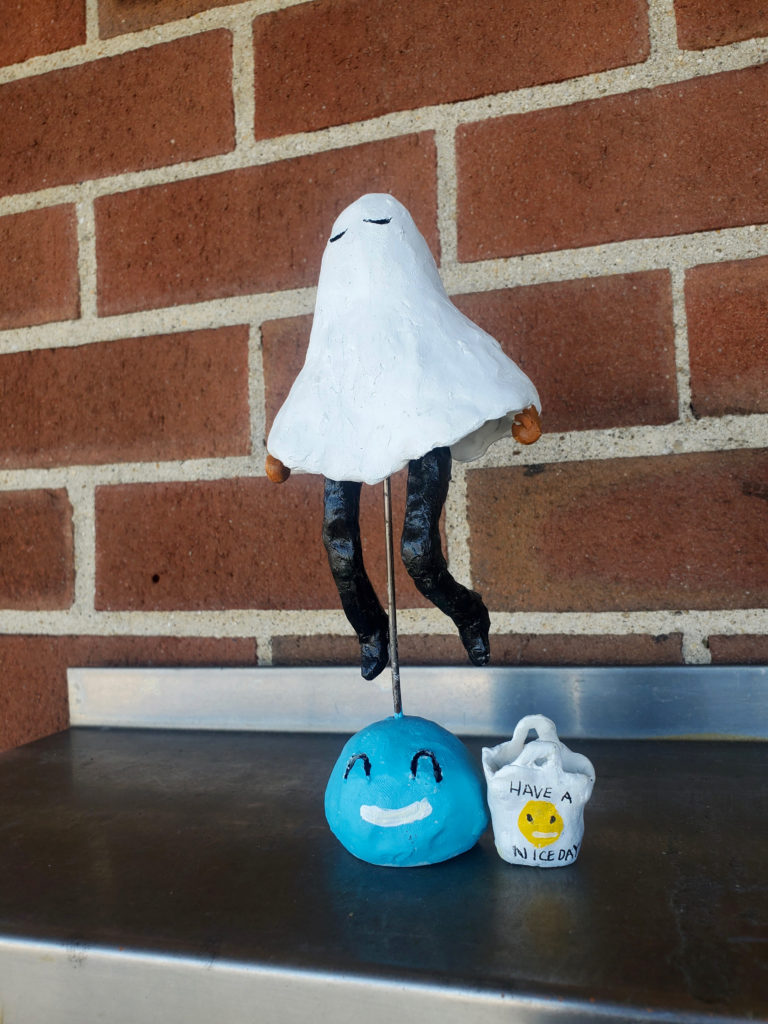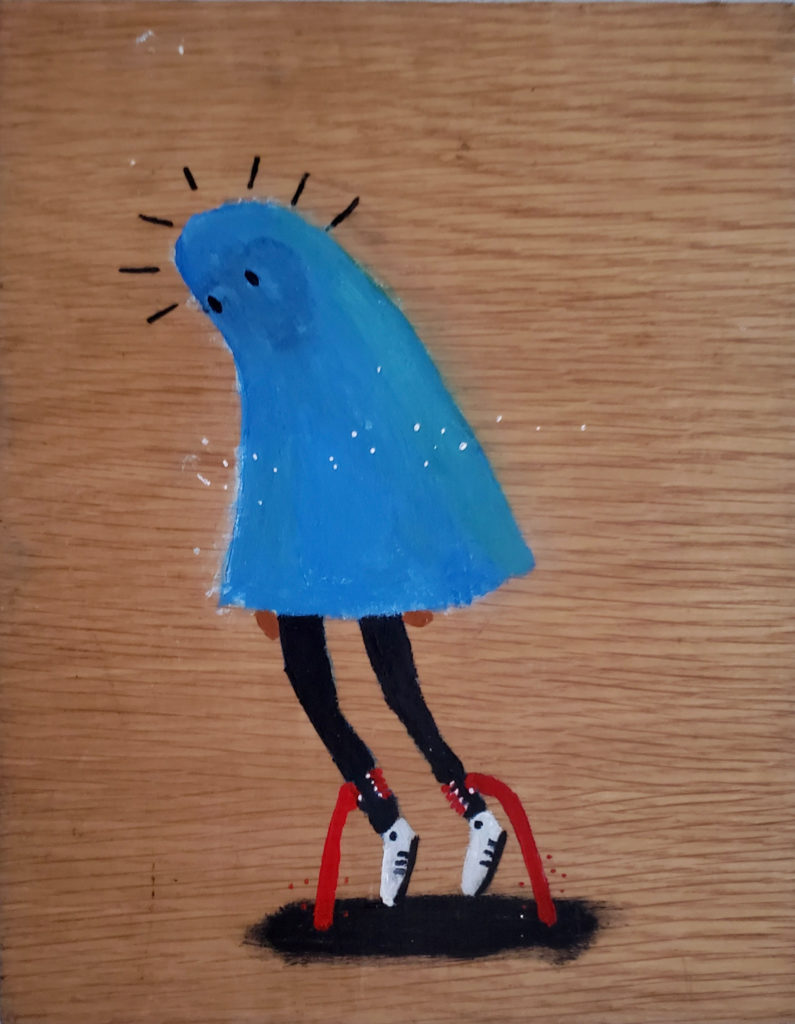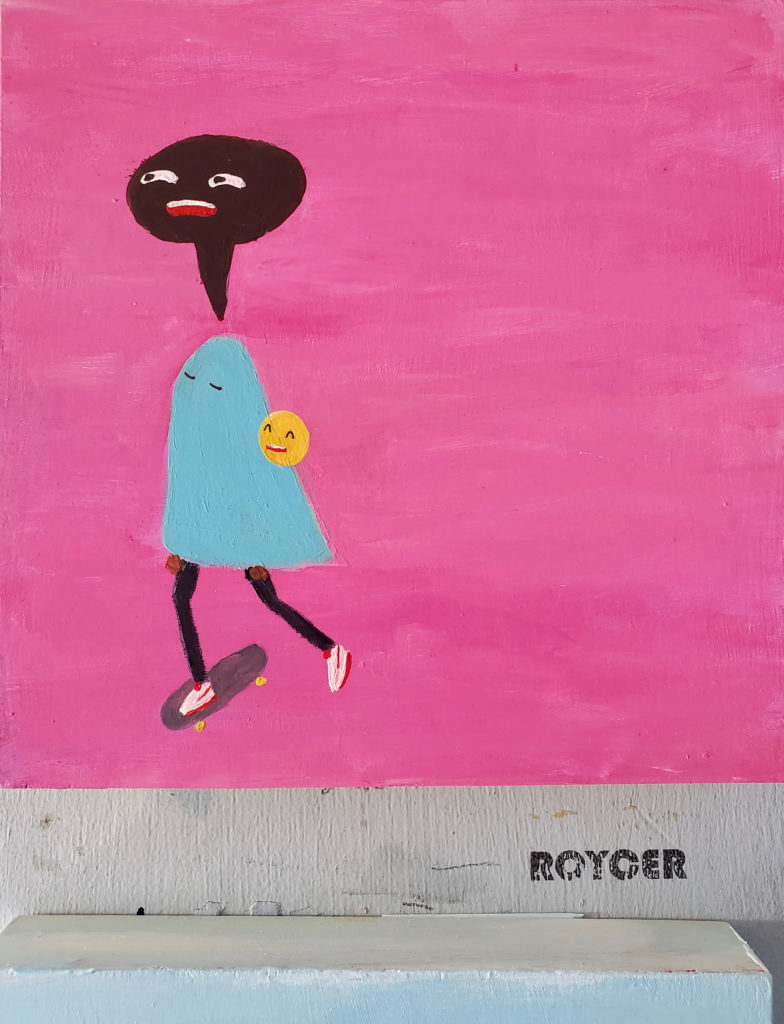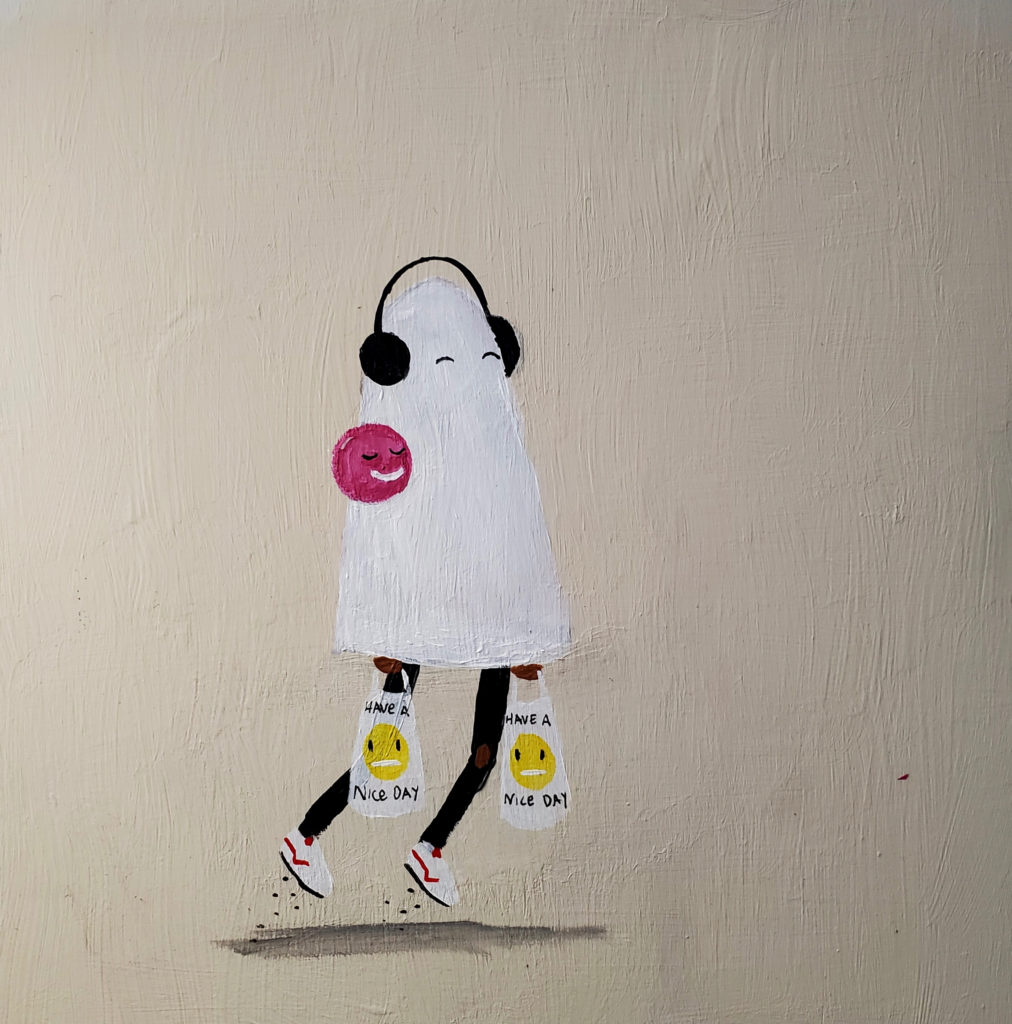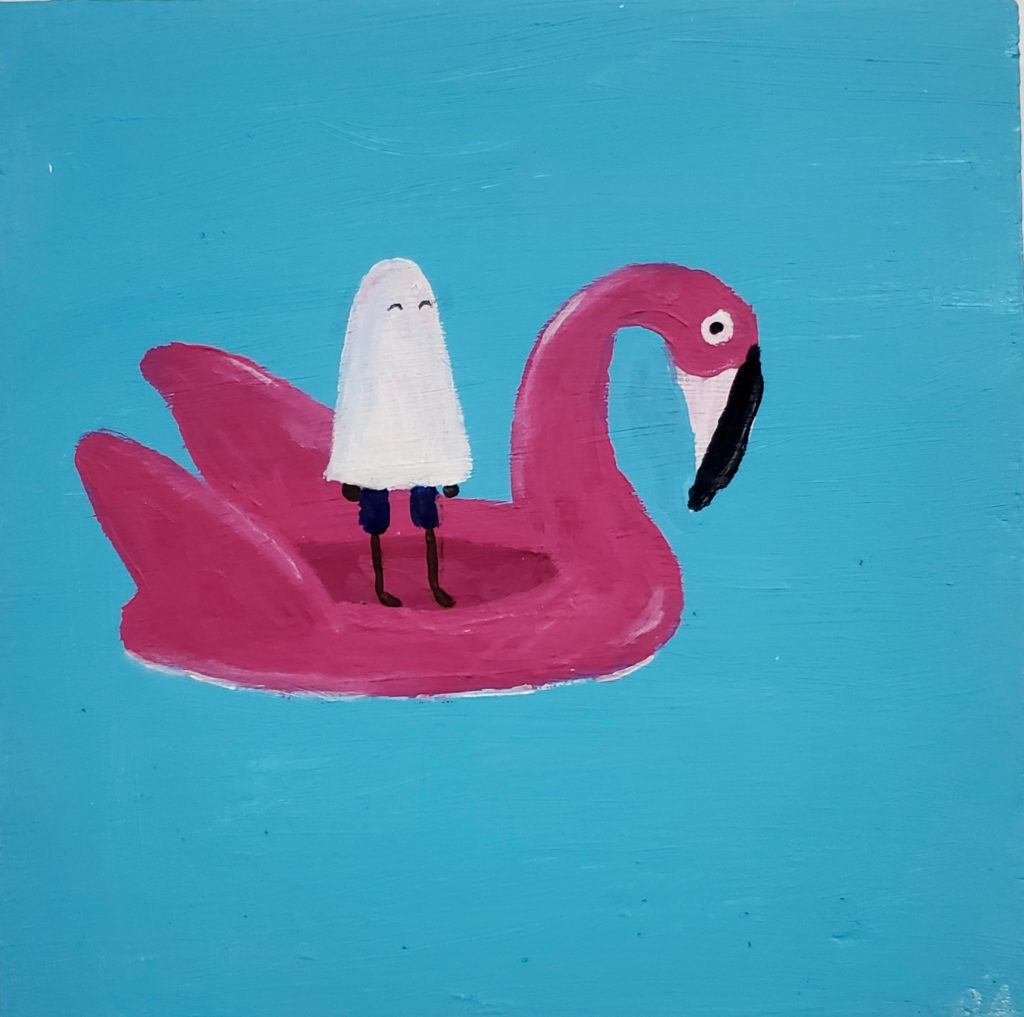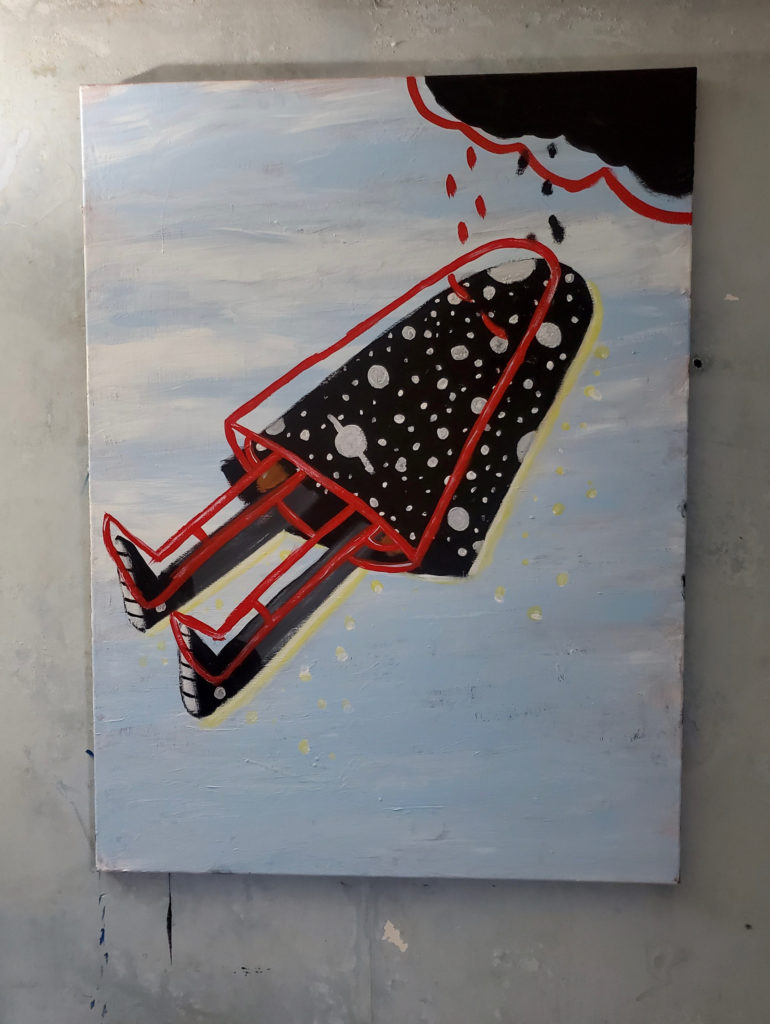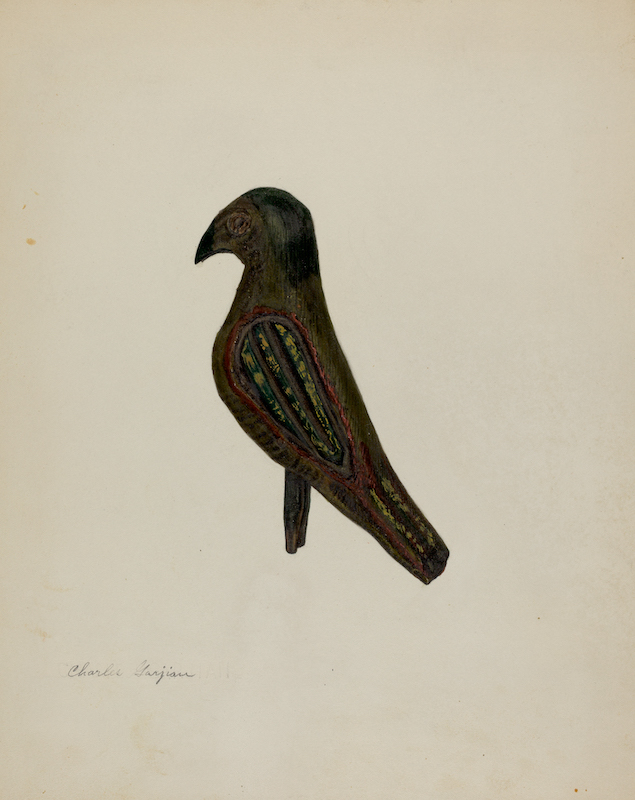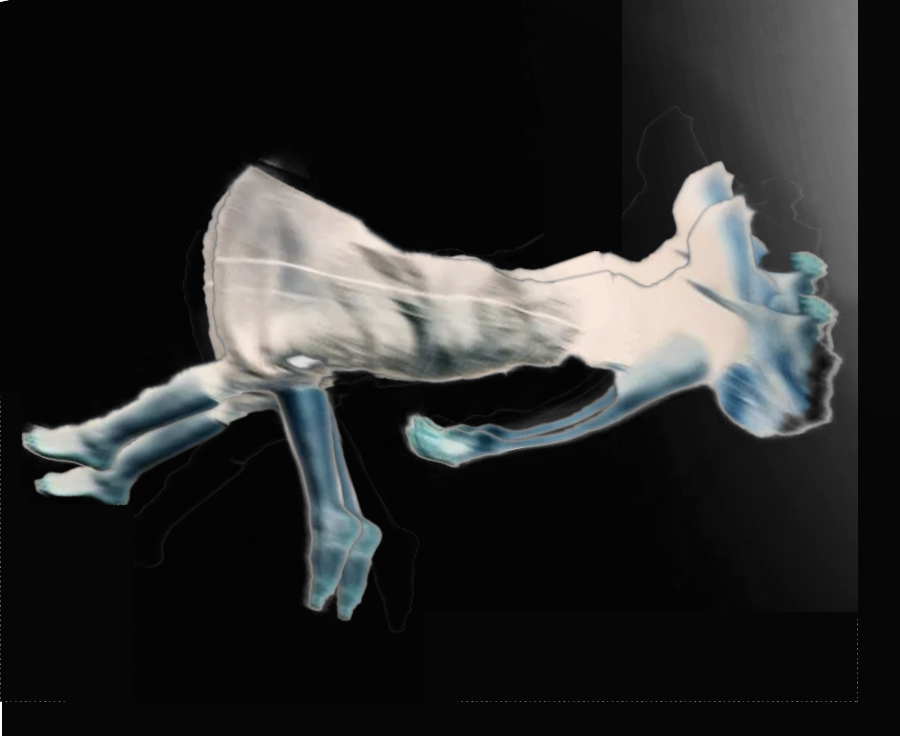Death of a Daughter-in-Law
by Judith Lichtendorf
Like she’d done something wrong, like it was her fault for taking them out of the freezing-cold city, treating them to a week in Florida, in February, the height of the season, in a motel directly on the beach. Her son, Steven, was a consultant for start-ups in the communications field, but he wasn’t very busy. Lisa didn’t work. They didn’t have a lot of money; this would be a treat for them. When she suggested the idea, Steven loved it but Lisa thought it would be hard for little Nora, it would throw her schedule off track, she wouldn’t be able to sleep in a strange place, the ocean is too rough for her, she gets sunburned very easily…
The first day they never even got to the beach. First, the plane was late. Then they got bogged down at the airport trying to attach Nora’s car seat in the rental car. When they got to the motel there was no possibility of switching to rooms on the ground floor the way Lisa wanted; the motel was fully booked. By now it was four o’clock. The clerk at the desk paged the porter twice but he never showed up, so Steven lugged all the suitcases up the stairs.
Well, let’s see what the rooms are like, Beatrice said.
Lisa said, but why did you get them on the second floor and not the first?
I wanted us to be next door to each other. These were the last efficiency suites they had left.
It was too far to walk to restaurants. They would have to carry little Nora–it was too long a walk for her. And there would be nothing at any of the restaurants for a picky three-year-old to eat. And it was too far to walk to the supermarket. But they needed to get there because Nora needed carrots, bananas, chicken tenders, Cheerios, and Lisa and Steven needed coffee.
The bed the motel brought in for Nora was too high, it had no guardrails, she could fall out of it.
If they were on the ground floor, they wouldn’t be lugging beach chairs up and down the stairs.
Lisa was the one complaining. Beatrice’s son, Steven, didn’t say anything except once, when he said, Lisa, we have the rental car–we can drive to the supermarket.
Beatrice tried to ignore it, and watched Nora, who was exploring. Look mommy, we have two couches. Look mommy, there’s a big bed for you and daddy and another bed for me.
The equipment in the little kitchen was old and dirty. There was no dishwashing liquid or sponges.
And there was no beach chair for Nora. And the ones in the closet looked nasty.
Tomorrow, they could only stay at the beach for two hours; the sun was too strong. Nora would get sunburn even though Lisa was using spf 50 on her.
Finally Beatrice said, I think I’ll go to my room and unpack and rest up before dinner.
Nora said, Wait, Grandma, I want to see your room.
Lisa said, No, you need to stay here. Grandma wants to rest.
It’s fine, Beatrice said, she can come. That’s why I wanted rooms next to each other.
Beatrice, please. Don’t contradict me. Nora, let go of Grandma’s hand. Come help Mommy unpack.
Nora said, what does contradict mean?
Around six, the phone rang; it was Lisa. Their TV didn’t work–did hers? Beatrice tried her TV; it was fine. She resisted the urge to ask Lisa if hers was plugged in, and suggested she call the front desk. Lisa made a big sigh sound.
Could you please call them? I’m changing Nora’s clothes.
Beatrice called.
While they were out to dinner, the TV would be fixed.
But now it was too late for dinner. Nora’s whole schedule was being disrupted.
Steven said, Maybe we could get a pizza delivered?
No, never mind, it would take too long for a pizza to arrive and Nora needs to eat right now. It’s faster just to go out.
They drove to the main street and finally Lisa settled on a burger place, where Nora could at least get some French fries. If they don’t have a vegetarian burger, I can’t eat, Lisa said. There was a vegetarian burger on the menu, and chicken tenders, and a beer for Steven, and a wine for her.
Beatrice said, Nora, may Grandma have one of your French fries?
No.
Why not?
They’re mine.
Lisa said, Nora, give your Grandma a French fry right now. Here, Beatrice.
It’s fine, Beatrice said. Put it back. Sometimes none of us wants to share.
By the time dinner was over, Nora was rubbing her eyes. Lisa said, I think you and Steven should go to the supermarket, and I’ll get Nora to bed.
Good plan, Lisa, Beatrice said. I’m sure Nora’s cranky and tired. Actually I’m sure all of us are. In the morning, we’ll all feel better.
Beatrice paid.
At the supermarket she trotted next to Steven, who was following a list Lisa had written at the restaurant on a paper napkin. Don’t you want anything, Mom?
She took a bag of chips and two bottles of water.
That’s all?
We can come back tomorrow for more if we want.
I hope she’s not making you too crazy, Mom. She’s stressed out and this is how she gets.
Okay.
Beatrice paid.
She had packed seven Xanax pills and she took one. If Steven hadn’t married Lisa then she wouldn’t have lovely Nora. But he could have married someone else, and she would still probably have a grandchild. Or maybe a few. Lisa didn’t want any more children.
Six more days, she thought. Six more days.
Most of the time Beatrice didn’t actively miss Joe–it was five years since he had died, and she had figured out her life without him. But she woke up with the thought that he would have known what to do, how to make everyone relax and have fun. He was good that way. But he had never met Lisa–maybe even Joe would hate her like she did. It was the first time the word hate had consciously occurred to her.
Lisa thought the complimentary breakfast was disgusting.
Beatrice didn’t think the complimentary breakfast was so bad. Little Nora had orange juice and half a bagel, the coffee was strong, and there were rolls, Danish pastries and tables with steam trays holding grits, scrambled eggs–yes, probably from a container, bacon–undercooked, true, individual boxes of dry cereal, milk, cream, a selection of tea bags–and then Steven said, hey everyone, it’s ten thirty, it’s gorgeous outdoors–let’s go to the beach.
Yay, let’s go to the beach! We’re going to the beach!
And so, at last, they did.
Yes, they did have to lug the beach chairs down the stairs–actually Steven carried all three. Lisa held Nora’s hand as she carefully went down, step by step, Beatrice carried Nora’s two pails and shovels, Lisa’s beach bag, and her own.
The beach was almost empty–a young couple, another family with much older kids with boogie boards, two older women who were perhaps sisters, both reading books.
Wow, Mom, Steven said. This is awesome–it’s like we own the beach.
Lisa said, Beatrice, don’t you think there should be a lifeguard?
They have them at the public beaches. This is a private beach.
Nora broke away from Lisa and started running to the ocean. Lisa caught her, and said no water until you have more sunscreen on.
Finally, everyone was coated, and they all walked down to the water’s edge. The sand was powder soft. The ocean was warm and calm, the few waves broke almost silently. Steven and Lisa took Nora’s hands and slowly walked her out until the water came up to her little knees. Jump, Steven said, as little wavelets trickled towards them. Jump me, Nora shouted. Jump me more. Beatrice felt herself relaxing–this was how it was supposed to be, this was what she had envisioned.
Jump me. Jump me. Grandma, watch. Jump me. Jump me.
After a while, Beatrice said, I’m going back to my chair and read a little.
Eventually, they came back, too. Lisa wrapped Nora in a towel and gave her the pails and shovels. Steven said, I’m going to take a walk, see what’s been washed up. Lisa, want to come walk with me?
Lisa said, no, not really. You go, have fun. Maybe I’ll go swimming.
Okay. See you in a bit. Steven walked down to the water’s edge and turned left, slowly walking, watching the wet sand, looking for special shells.
Lisa said, Beatrice, would you mind staying with Nora–I’d like to go swimming.
Sure. Fine. That would be great.
I want to go swimming, too.
No, you’re going to stay with Grandma, and you’re going to build a sand castle.
Don’t let her back in the water, she’s had enough. And if she starts getting pink put on more sunscreen. And if she’s thirsty, there’s water in that thermos. And there’s some apple slices and carrots in the baggie.
Got it, Beatrice said. Go swim, I’ll take care of her.
Lisa walked down to the water and waded far out, but still the water came up only to her waist. Then she leaped like a seal, and started swimming towards the deep water.
Grandma, do you know how to make a sand castle?
Beatrice watched as Lisa, now a tiny thing in the water, turned right, and started swimming parallel to the beach.
Beatrice walked back and forth bringing pails of water that Nora poured into the hole she was digging. Then Nora scooped up the wet sand from inside the hole and tried to shape it into something more like a pyramid, but it was good enough to be called a castle.
More water, Grandma.
You forgot the please, delightful Granddaughter.
More water please, delightful Grandma.
Each time Beatrice walked down to the ocean she looked for Lisa. A tiny thing, a black thing far out, lifting water as she stroked.
And then she didn’t see her.
She blinked, and looked again. Nothing.
Well, her eyes weren’t as good as they had been. And Nora was waiting. So she filled the pail and walked back.
Where is Steven? she wondered. How long can a walk take?
She looked out at the horizon. Nothing. No movement.
She looked at the other people on the beach. The young couple was gone. The boogie-board family was gone. The two older women were folding their lounge chairs, getting ready to leave. There was no one else around.
Grandma, I need more water.
Okay, in a minute.
After all, why was she worrying? Lisa had been on the swim team in high school, she was a strong swimmer. She, with her weak eyes, she just didn’t see her. But there’s no need to panic. Nothing’s wrong. Calm down. Get the little one another pail of water.
She walked down slowly, filled the pail, walked back slowly.
Again, she looked out at the horizon looking as far right as she could see. All the way out were two Jet Skis. Nothing else.
What now?
She had brought her phone. At least, she was almost sure she had–yes, there it was in her beach bag. Perfect–call Steven. But the phone wouldn’t turn on. Think. Think. Come on, Beatrice, you know how to turn on your phone–press the power button, idiot. The phone turned on. Go to Contacts. There he is: Steven. Ringing. Ringing. Aw Nuts! Your call has been forwarded …
Should she do something? Go to the desk in the motel? Wouldn’t it be 911 in Florida? Perhaps she was making a mountain over a mole hill. Joe used to say that. After all, how long had it been? Steven was still walking. She was worrying for no reason. Or was she?
Grandma?
Yes, sweetheart?
I have to make cocky.
And now what to do? Where was Steven? Leave the chairs and the beach bags and run back to their rooms and a toilet? Keep looking for Lisa, find her, is she still swimming? Call the police? No time for that now, the little one needs a toilet, this is not something you can delay.
Okay, cutie, come on. We’ll just run back to our rooms and then we can come right back, okay? Come on, let’s go as fast as we can.
And they’re off–the three year old as fast as Beatrice–cocky coming, run run run to Beatrice’s room, quick to the toilet, pull down the little bathing suit, pick up the little one, set her down on the toilet.
Grandma, you have to hold me up–I can’t sit.
Why can’t you sit?
Mommy says it’s dirty. I can only sit on the toilet at home.
It’s clean in here, Beatrice said, I cleaned it myself.
Out came the cocky. Also some peepee. Beatrice wiped her, pulled up the bathing suit, come on, we have to go back to the beach–we left all our stuff there.
Nora said, let’s run!
When they went through the gate there was Steven at their chairs, holding a big pink conch shell.
Hey Mom, where’d you go? Where’s Lisa?
Oh, Beatrice said. Nora needed the toilet, and Lisa went swimming.
Oh, sweet, Steven said. Look Nora, look what Daddy found for you. If you hold it to your ear you can hear the ocean in it.
Nora put it to her ear. I don’t hear anything. Hold it for me, Grandma.
Beatrice said, you forgot the p word.
Please, Nora said. Daddy, will you help me build my castle?
Yes, I’d love to help you build your castle, Steven said. What should I do?
Take this pail and get me water.
Okey dokey.
Beatrice watched him walking to the ocean with the pail. Her son, her lovely son. She looked, blinked her eyes to make them clearer. A black dot, swimming right, parallel to the beach. Nothing.
Should she say something to Steven? What would she say? Would he think she was crazy? Or maybe he would call the police. Or she would be scaring him for nothing. It had to be close to lunchtime. Very soon Nora’s castle would be finished. And soon Lisa would be back. Of course she would. It was getting to be time for lunch. Lisa would stop swimming, she would come walking back along the wet sand, waving “hi” to them.
Steven walked back. Here’s the water, Nora. What should I do now?
You have to pour it in here.
Steven poured. Mom, what’s up? Why don’t you sit down and enjoy the sunshine?
Oh, Beatrice said. I guess I feel a little restless. It’s hard for me to concentrate on my book.
Mom, you don’t have to read your book. Who said you have to read?
Steven’s phone buzzed. He looked at it. Mom, you called me? Why did you call me?
I’m sorry, Beatrice said. I was checking if I got reception here and pressed you by mistake. It was a mistake.
Oh right, I’ve done the same kind of thing, Steven said. Mom, why don’t you just stretch out, close your eyes a little bit, take it easy. Just relax. Everyone’s having a great time, thanks to you.
Daddy, you’re not paying attention.
Well, now I am.
You sit here Daddy. This is your shovel. Dig here, where I’m showing you. But don’t dig any place else, okay?
Okey dokey.
Beatrice watched them play. Her big boy, her darling granddaughter, and the little one is the boss. Really adorable. She should take a photograph of them, but it seemed too much effort to dig through her bag and find her phone.
Steven was right, Beatrice thought. Of course she should relax.
She sat down and leaned back in her chair.
Nora said, no, Daddy, you have to put the dirt right here.
Beatrice stretched out.
Relax, she said to herself. Relax.
Nora and Steven were digging and talking. Nora was trying to put her foot in the hole.
The sun was lovely. Her chair was positioned so Beatrice could see the water, but if she closed her eyes, she couldn’t.
Judith Lichtendorf writes fiction, memoir, and creative nonfiction She has taken workshops with brilliant writers, among them Lore Segal, Rick Moody, Teddy Wayne and Phillip Lopate. Her work has been published in Mom Egg, Stonecoast Review and Podium, the Unterberg Poetry Center’s literary magazine. She has lived all her life in Manhattan, and tries to be kind.

